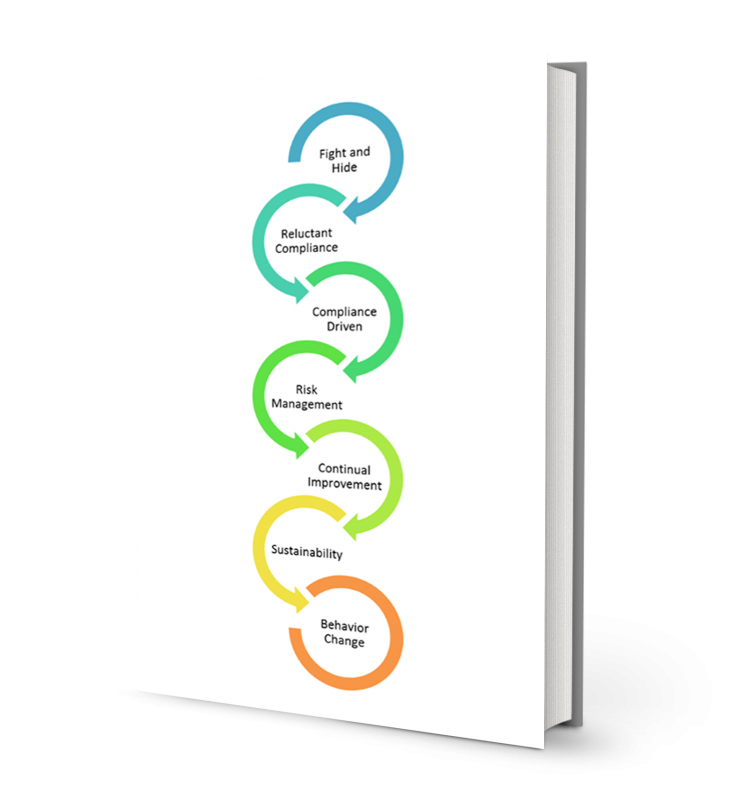EFFECT OF CONCEPT MAPPING STRATEGY ON STUDENTS’ BUSINESS STUDIES ACHIEVEMENT IN A PERIOD OF SOCIO-POLITICAL AND ECONOMIC UNCERTAINTY
Okeke, Amaka U.
au.okeke@unizik.edu.ng Department of Technology and Vocational Education Nnamdi Azikiwe University, Awka
Ebere M., Ethel-Echedo
Department of Technology and Vocational Education Nnamdi Azikiwe University, Awka
Nwofor, Florence Amaka
fa.nwofor@unizik.edu.ng Department of Library and Information Science
This study investigated the effect of concept mapping on academic achievement of secondary school students in business studies in Anambra State, Nigeria. The study was two research questions and two hypotheses. This study adopted a non-equivalence pre-test, post-test, quasi- experimental design. The population for the study was 21, 109 JSII students (9, 988 males and 11, 121 females) in the 164 coeducational public secondary schools across the six education zones in Anambra State. Two intact classes of 100 students selected from two different schools participated in the study. BUSAT was The instrument used for data collection was 50-objective item Business Studies Achievement Test (BUSAT) constructed from the business studies scheme of work for first term junior secondary school three (JSSIII). validated by experts. The reliability of the study was tested using split-half method on Pearson Product Moment Correlation Coefficient which yielded a coefficient index of 0.96. The mean and standard deviation were used to answer the research questions while the hypotheses were tested with t-test statistic using the SPSS version 25. The study found among others, students taught business studies using concept mapping strategy had better mean achievement than students taught business studies using the conventional method. The mean achievement score of the female students taught business studies using concept mapping strategy was higher than that of the male students (42.88>37.64); The study found significant difference between the mean achievement scores of secondary school students taught business studies using conventional and concept mapping strategies; but no significant difference in the mean achievement scores of male and female students taught business studies using concept mapping strategy. The study recommended among others, that business studies teachers should adopt the concept mapping strategy in the teaching of business studies in junior secondary schools in order to improve students? learning outcome.
Abdu-Raheem, B.O. (2012). Gender differences and students’ academic achievement and retention in social studies among junior secondary schools in Ekiti State. European Journal of Educational Studies 4(1), 155- 161. Awofala, A. O. A. (2011). Effect of concept mapping strategy on students’ achievement in junior secondary school mathematics. International Journal of Mathematics Trends and Technology, 2 (3), 11-16. Available on http://www.internationaljournalssrg.org Emeasoba, N. C. (2018). An evaluation of equipment for the teaching and learning of Business Studies in Public Junior Secondary Schools in Enugu State. International Journal of Vocational and Technical Education, 10(7), 54-60. Federal Republic of Nigeria (2013). National policy on education (6th edition). Lagos: NERDC. Imeokparia, P. O. (2018). Influence of environmental factors on academic performance of business studies’ students in upper basic level in Edo State. Journal of Education and Practice, 9(24), 22-28. Kalhor, M., Mehranb, G. & Shakibaei, G. (2012). The effect of concept mapping on English language academic achievement and meaningful learning of high school students. Journal of American Science, 8(10), 247-253. Available on http://www.jofamericanscience.org Khajavi, Y. & Ketabi, S. (2012). Influencing EFL learners’ reading comprehension and self-efficacy beliefs: the effect of concept mapping strategy. Porta Linguarum 17, 9-27. Moono, B. M., (2015). Applied concept mapping: Capturing, analyzing and organizing knowledge. (http:/ / www. appliedconceptmapping. info) CRC Press: New York. Novak, J. D. & Canas, A. J. (2008). The theory underlying concept maps and how to construct and use them. Technical report Institute for human and machine cognition, Cmap tools. Nwanekesi, A. U. & Emereonye, R. (2016). Factors that influence the choice of teaching method. In T. N. Kanno, V. A. Obasi and S. A. O. Obih (Eds.). Contemporary issues in curriculum implementation and methods. (Pp. 190-199).Owerri: Hysab Printers and Publishers. Onyeme, A. C. (2019). Principles and methods of teaching: A simplified version for early teachers. Awka: Fab Anieh Education Books. Okoli A. (2018). Effect of active learning on students’ achievement comprehension. Journal of Business and General Education, 6(2), 28-34. Okoli, A. C. (2019). Programme for the development of writing skills among early academics. Unpublished PhD Seminar Paper, College of Education, Michael Okpara University of Agriculture, Umudike. Singh, I. S. & Moono, K. (2015). The effect of using concept maps on student achievement in selected topics in Chemistry at tertiary level, Journal of Education and Practice, 6(15), 106- 116. Available on www.iiste.org.
Sultan, M. M. (2014). The Effect of using the conceptual maps on the achievement of the intermediate first class students for the English language and their attitudes towards it in Mosul-Iraq. M.Ed. Thesis, Middle East University. Tarkashvand, Z. (2015). Male learners’ vocabulary achievement through concept mapping and mind mapping: differences and similarities. Educational Research and Review, 10(7), 790-798. UNGEI. (2012). Gender Analysis in Education: A Conceptual Overview. New York: United Nations Girls Education Initiative. Woldeamanuel, Y. W., Abate, N. T. & Berhane, D. E. (2020). Effectiveness of concept mapping based teaching methods on grade eight students’ conceptual understanding of photosynthesis at Ewket Fana Primary School, Bahir Dar, Ethiopia. EURASIA Journal of Mathematics, Science and Technology Education, 16(12), 1-16.
Sultan, M. M. (2014). The Effect of using the conceptual maps on the achievement of the intermediate first class students for the English language and their attitudes towards it in Mosul-Iraq. M.Ed. Thesis, Middle East University. Tarkashvand, Z. (2015). Male learners’ vocabulary achievement through concept mapping and mind mapping: differences and similarities. Educational Research and Review, 10(7), 790-798. UNGEI. (2012). Gender Analysis in Education: A Conceptual Overview. New York: United Nations Girls Education Initiative. Woldeamanuel, Y. W., Abate, N. T. & Berhane, D. E. (2020). Effectiveness of concept mapping based teaching methods on grade eight students’ conceptual understanding of photosynthesis at Ewket Fana Primary School, Bahir Dar, Ethiopia. EURASIA Journal of Mathematics, Science and Technology Education, 16(12), 1-16.

